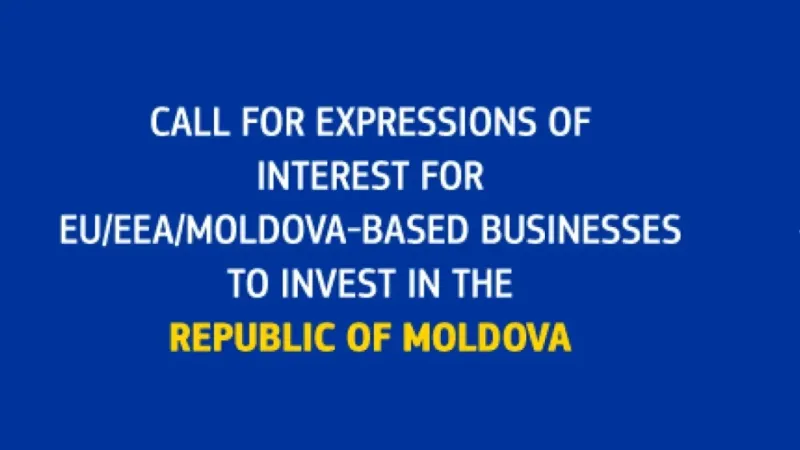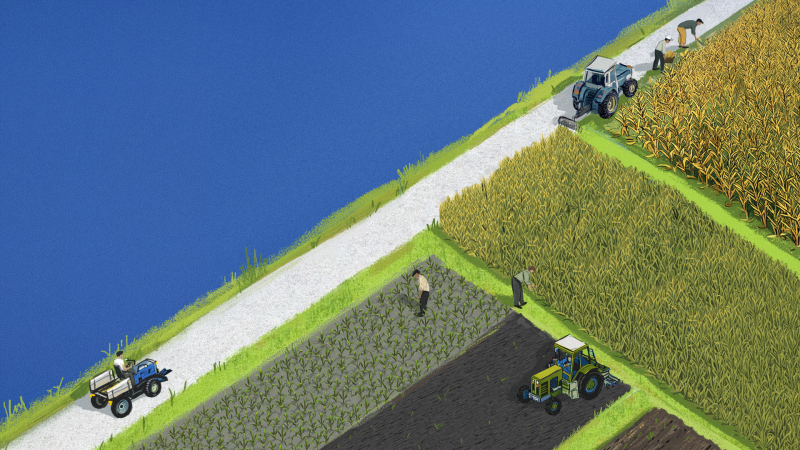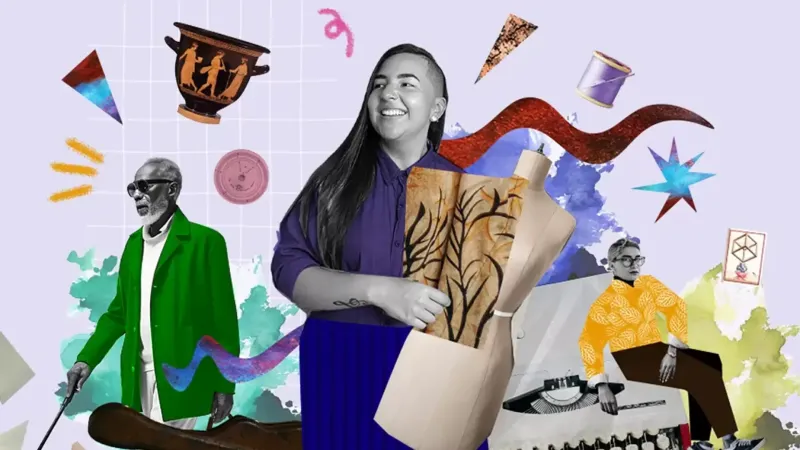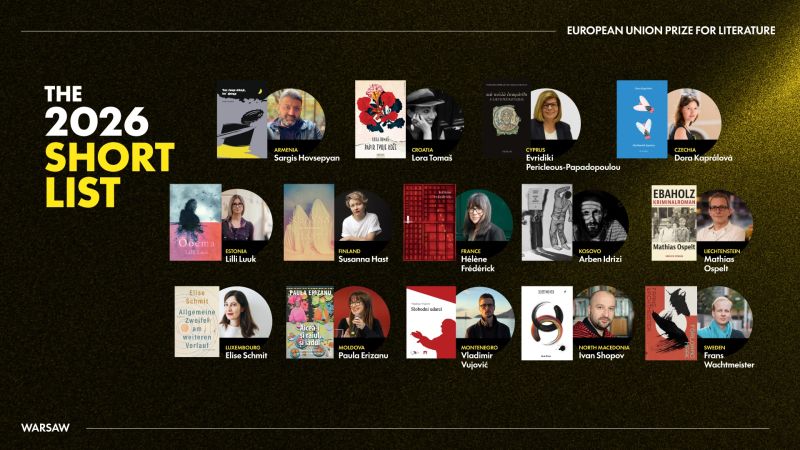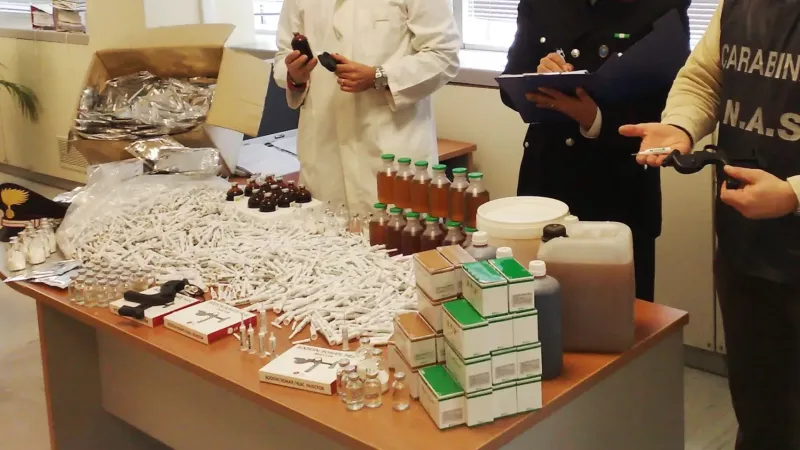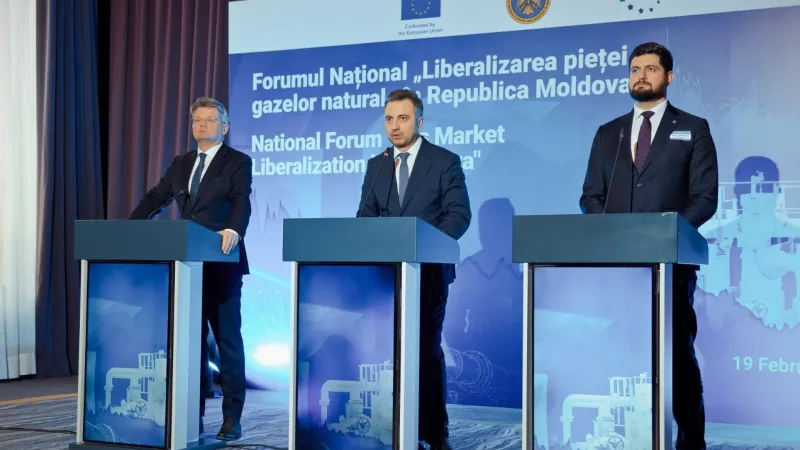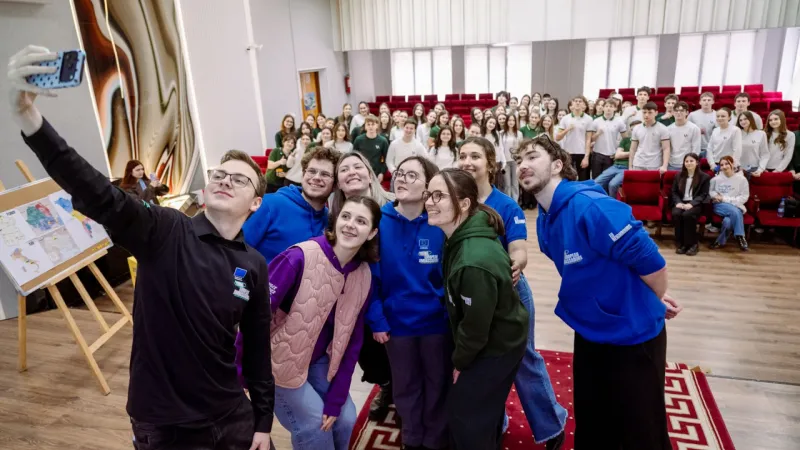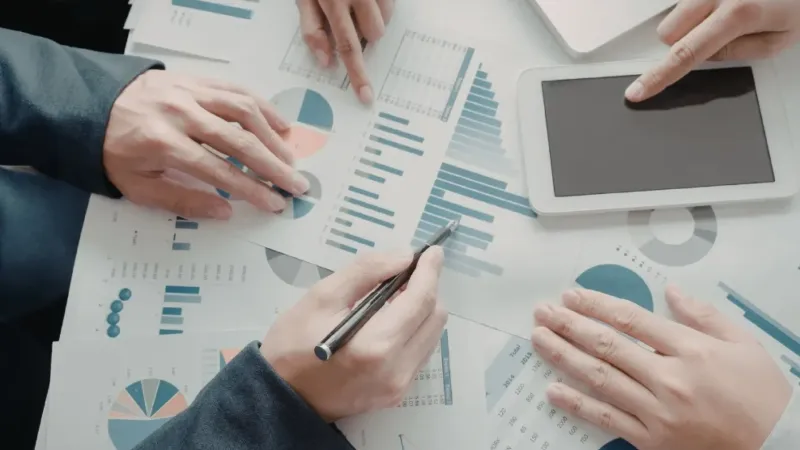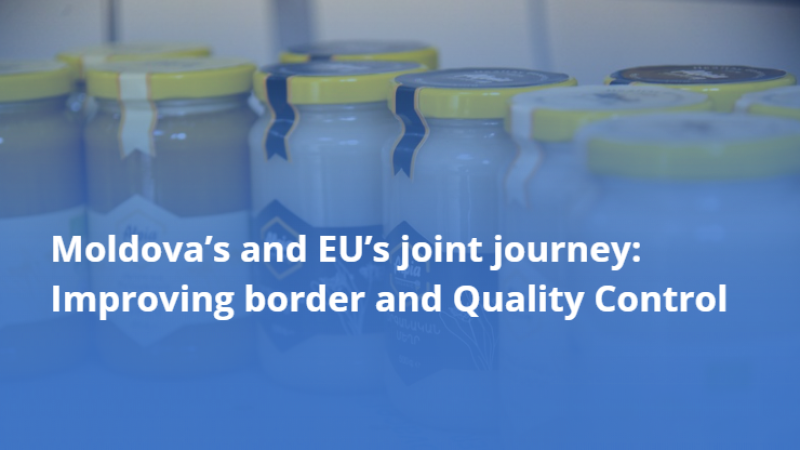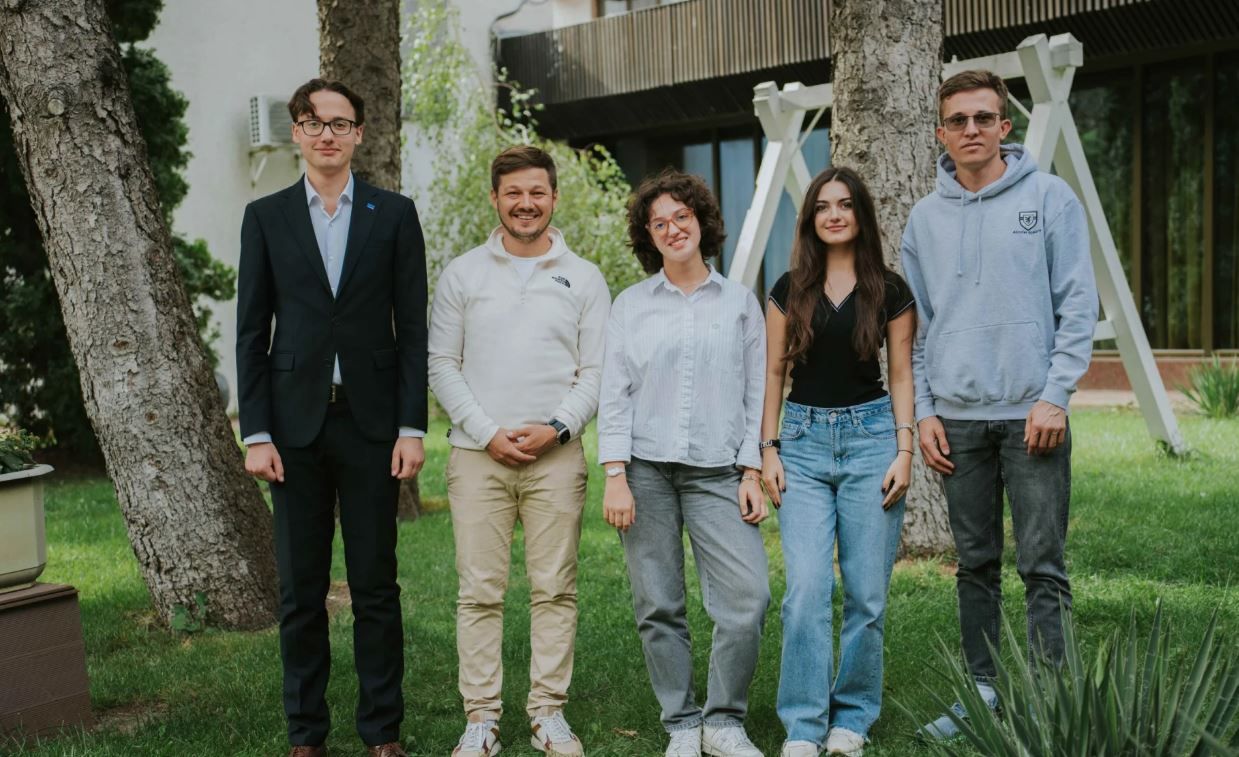
Young people in Moldova are building their future with EU4Youth
EU4Youth is a major regional initiative of the European Union that consists of various projects, one of which is the EU4Youth Alumni Network project. For several years the EU4Youth Alumni Network, created to develop youth leadership and social engagement, has been bringing together graduates of EU-funded youth programmes and mentors, helping young people to implement initiatives that impact their communities.
The current cycle of the programme comes to an end in October 2024, while applications for a new cycle are underway. In this article, participants in the current phase of the initiative describe their projects and impressions, while looking ahead to the new generation of young alumni who will continue their work.
The role of the mentor in the EU4Youth Alumni network
One of the key elements of the programme is the work of mentors, who help alumni to plan and implement their own initiatives in each country and in a variety of areas. A mentor works with 10-15 EU4Youth Alumni in their country, drawing on his or her unique experience and knowledge of working with young people. Igor Ciurea is one such mentor. He has been working in Moldova for three years. Igor explains his ongoing motivation by the desire to work directly with young people and help them to find ways to evolve in an environment where access to such opportunities is limited.
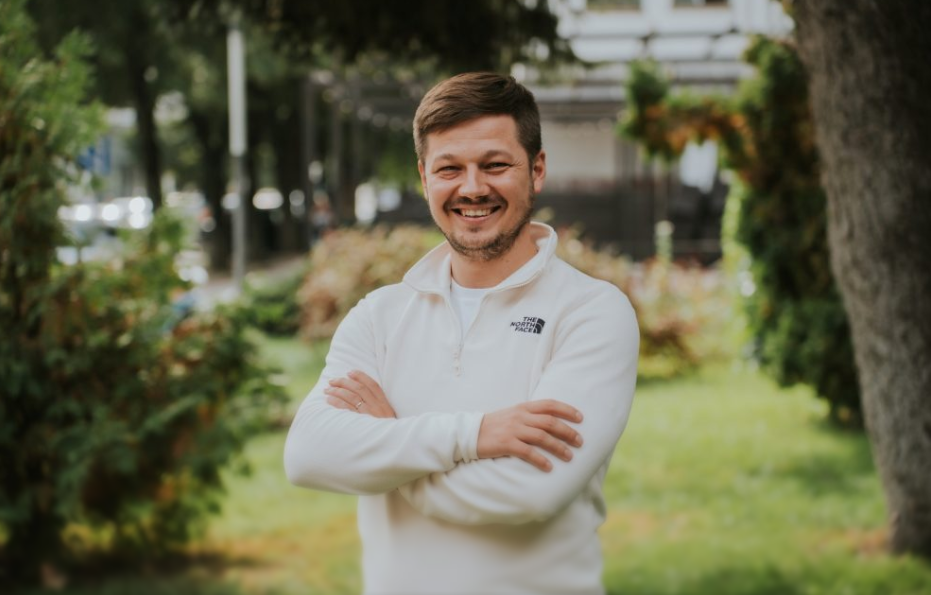
“The great thing is that the beneficiaries of the projects are young people who would otherwise never have access to non-formal education and information about Erasmus+ or other European Union programmes. For many participants, these programmes are the first step towards international experience and personal development,” says Igor. The work of the mentors is aimed not only at supporting projects, but also at providing young people with the skills necessary to participate in European programmes and to be active in the life of society.
According to Igor, some young people may be aware of such programmes, but do not have the necessary skills to prepare a CV and apply, or simply lack the motivation to take part. Moreover, in the communities where they live, there might be no one to help them with practical advice or to share personal experience.
“And here the role of mentors and alumni of the programme is important. We don’t just inform young people about the existing opportunities, but try to develop their skills and motivation to participate. At the end of our long programme we had ten people who had applied for and participated in Erasmus+ programmes. To others this figure may seem insignificant, but to us ten young people, who in other circumstances would never have participated in international projects, is a very important indicator. It shows that despite their background and social status, problems or difficulties, they were able to make it because of our work,” says Igor.
But alumni projects are not just limited to helping young people participate in various programmes. For example, one group of three graduates decided to work with children with disabilities. “This is important to note because organising work with this social category requires more effort than with other groups of young people. Here you don’t just plan events, but you have to consider the particularities of the group you are working with. Extra efforts are required to adapt exercises, communicate, plan activities and set expectations for the group,” explains the mentor.
Igor says that mentors try not to present the alumni with ready-made project models to avoid them being copied. Instead, they encourage participants to assess the capabilities, needs and interests of the group and the community they are in, and, based on this, to create and develop their own projects and activities.
Innovative Alumni initiatives
The members of the EU4Youth Alumni Network from Moldova have implemented many initiatives, each of which has contributed to social development. For example, Anastasia Șargarovschi and her team worked with vulnerable youth in Opaci village, in the Căușeni district. Their ‘Bright Horizons’ initiative has shown local young people that they can be agents of change. Having raised funds through charity fairs, the team plans to support initiatives that young people choose for their community.
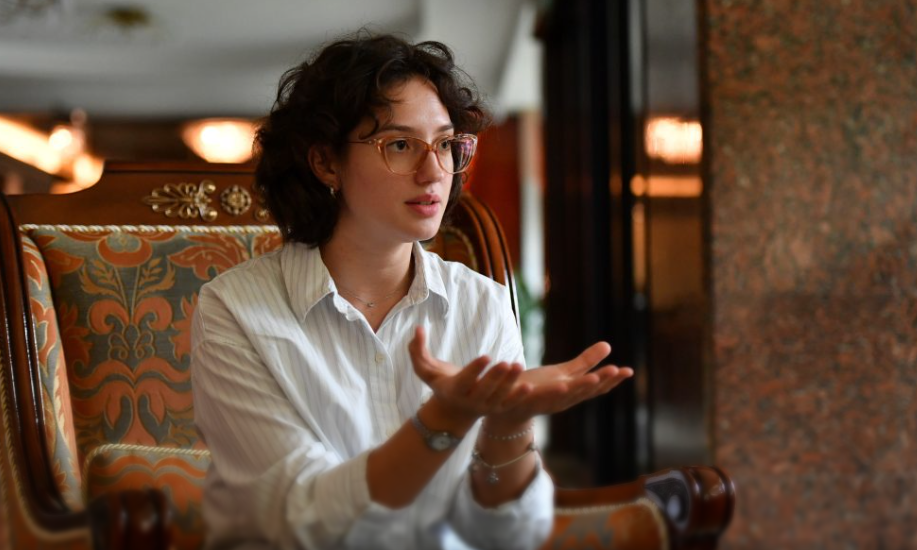
Anastasia pointed out that together with her teammates they have acquired the skills to coach and coordinate a group that manages budgets and achieves results. “Along the way, we were helped by the network, as well as by our mentors. It all started with our first online meeting during which we learnt about the network itself and the work ahead. This was followed by a trip to Georgia for two days of intensive mentoring. In addition to discussing our initiatives and getting feedback from other participants, we received valuable advice and made some adjustments. We also completed a training on how to effectively manage a group of young people, taking into account that we are working in a vulnerable environment,” says Anastasia.
She focused on the importance of youth participation in their communities, as young people make up a quarter of the country’s population. “I am glad that many of those who were thinking of leaving for Romania or other countries have decided to stay in Moldova thanks to our initiative. That makes me very happy,” she admits.
Mihail Nesteriuc and Arina Dorul implemented the project ‘Strength in an Inclusive City’, aimed at working with young people from vulnerable families and people with disabilities. The activities organised by the team helped participants develop social adaptation and teamwork skills. According to Mihail, the experience of engaging with such groups has proved valuable and enriching for all those involved.
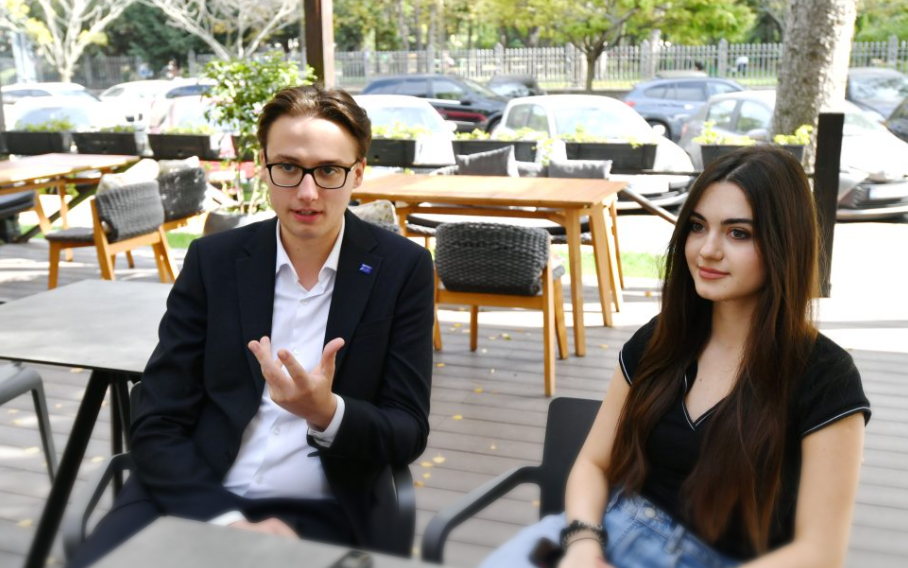
”The aim of our activities was to create connections between the participants given that their mental and physical abilities are different. Through our team building and creative workshops, we helped them to improve their motor skills as well as their creativity and ability to work as a team. One of our goals was to promote creativity and diversity in the community, as these are the values of the European Union that we, as ambassadors, endeavour to bring to our events,” says Arina.
The young graduates say that despite this programme cycle coming to an end, they would like to continue to help the Centre for Vulnerable Youth. “We need to do everything we can to ensure that future participants can continue working at the centre. We will invite them to take the lead of the initiative and develop it according to their desires and preferences. This work is not easy, because it is about interacting with young people with disabilities, which requires a specific approach. This skill can be developed. We are not professional social workers. For example, I never had anything to do with social work, but I was able to evolve in this direction and acquire new skills,” Mihail explains.
The EU4Youth Alumni Network programme is launching a new cycle that will begin after the current one finishes in October 2024. This is a unique opportunity for young people from Moldova to become part of a large network of leaders, receive support from experienced mentors and put their ideas into practice. You can apply now before the deadline of 30 October. Those, who are ready to make the first step towards change, can take a chance and join the EU4Youth Alumni Network to contribute to society and their future.
